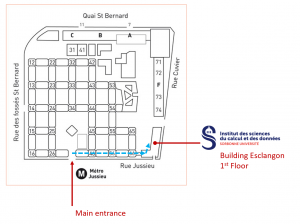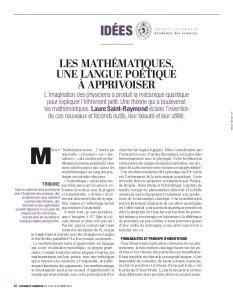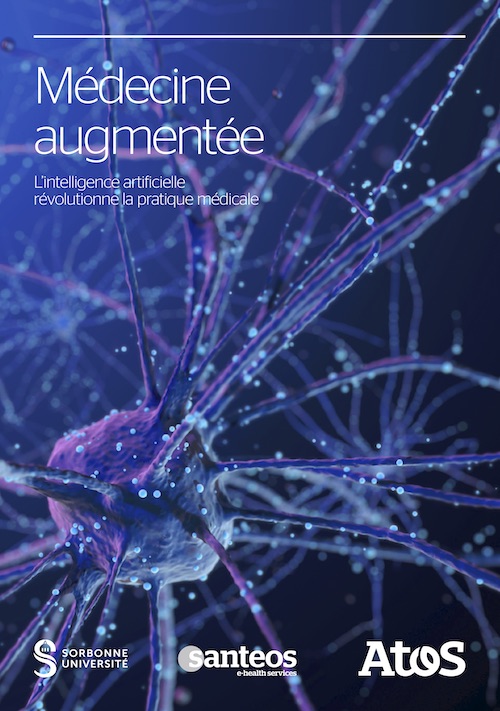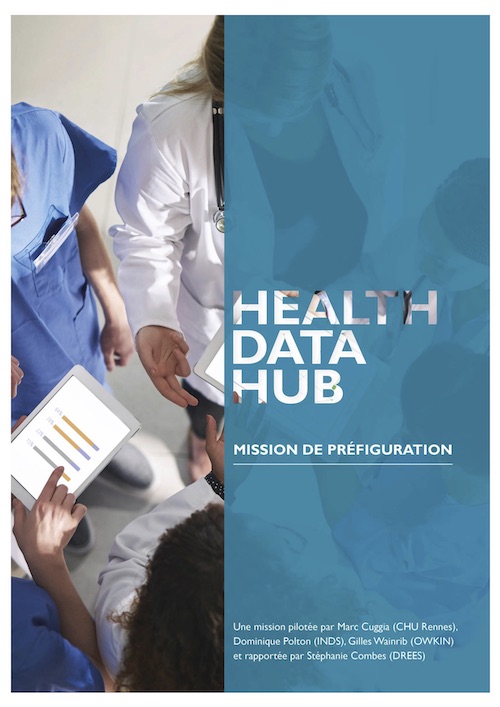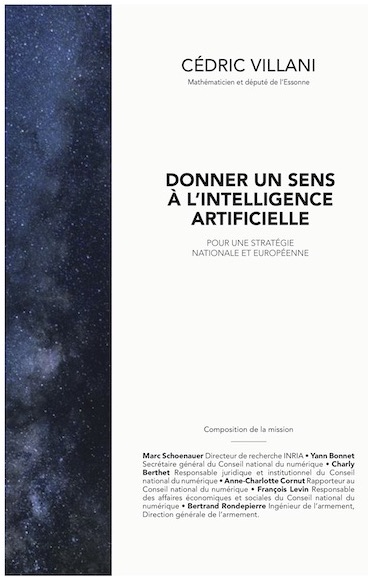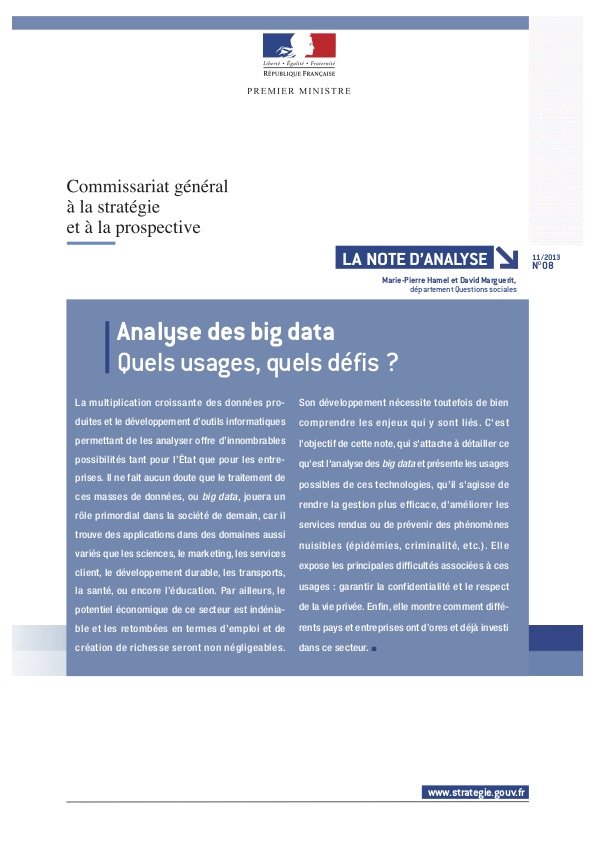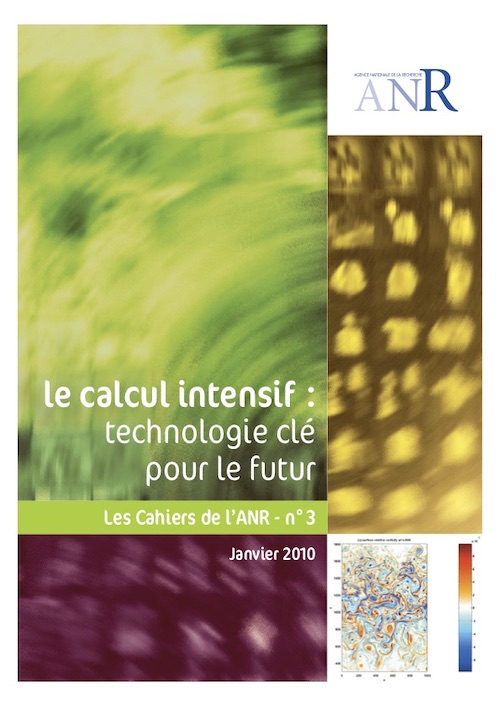Collaborative space and facilities
Designed to foster collaborations, the institute boasts informal meeting spaces, state-of-the-art A/V capabilities, and an immersive visualisation room, all shared with SCAI, the center for Artificial Intelligence.
The institute offices and meeting rooms are located on the Campus Pierre et Marie Curie (Jussieu), building Esclangon, 1st floor, facing the Jardin des Plantes, along Cuvier street.
The institute offices and meeting rooms are located on the Campus Pierre et Marie Curie (Jussieu), building Esclangon, 1st floor, facing the Jardin des Plantes, along Cuvier street.
Booking Rooms
Our meeting and seminar rooms have to be requested through the online room reservation service. Rooms are booked in order of priority: ISCD and SCAI staff and affiliates, academics, university, partners.
HPC and software resources
- HP-CAVe a high performance computing (HPC) platform hosted by Sorbonne Université.
- Tinker HP a free molecular dynamics software package developed by Prof. Piquemal’s group at LCT-ISCD. It solves multiscale simulations of large complex systems with advanced polarizable force fields on parallel computers;
- Basilisk a free software developed by Stephane Popinet et al. at D’Alembert laboratory (SU), for the solution of partial differential equations on adaptive Cartesian meshes;
- MMG Mesh Adaptation an open source software for simplicial remeshing and mesh adaptation. An open-source consortium project is ensuring that Mmg remains a non-competitive and multidisciplinary tool as well as a research framework;
- ISCD Toolbox Repository provides a collection of open-source finite element solvers for solving Partial Differential Equations on unstructured meshes (fluid mechanics, elasticity, shape optimization, transport).
Useful documents / links
- Partir en mission (intranet SU)
- Charte d’utilisation des moyens et des ressources informatiques et numériques de SU (doc. PDF)
- The SU Doctoral charter in science and medicine (doc. PDF)
- Le guide étudiant en ligne
- The European charter for researchers (doc. PDF)
Reference documents
The imagination of physicists has produced quantum mechanics to explain the infinitely small. A theory that has profoundly transformed mathematics. Laure Saint-Raymond illuminates the invention of these new and fertile tools, their beauty and their usefulness.
Follow this link to download the paper (in french).
Artificial intelligence and data sciences are profoundly transforming health care. Atos and Sorbonne Université have described their common view on this emerging field in a booklet on precision medicine.
Follow this link to download the report in PDF (in french).
The French Health law project “Ma santé 2022” including the creation of the Health Data Hub and the “Espace Numérique de Santé” (ENS), e-health personal space, has been adopted by the National Assembly on March 16th 2019.
The Health Data Hub represents a strategic tool to serve innovation and promote Artificial Intelligence in the health sector.
Follow this link to download the report in PDF (in french).
French national AI strategy is largely based on recommendations from the report “For a meaningful artificial intelligence: towards a French and European strategy”, released in March 2018. The report is the result of a six-month mission by Cédric Villani — French mathematician, Fields Medal winner and Member of Parliament — and his team.
Follow this link to download the report in PDF (in french).
This note sets out to detail what big data analysis is and presents the possible uses of these technologies, whether it is to make management more efficient, improve services rendered or prevent phenomena. harmful (epidemics, crime, etc.). It sets out the main difficulties associated with these uses: guaranteeing confidentiality and respect for privacy. Finally, it shows how different countries and companies have already invested in this sector.
Follow this link to download the report (in french).
The National Research Agency (ANR) notebooks explore thematic issues transversal to the various calls for projects of the Agency. They put into perspective the research, innovations and technological advances in progress in a specific field and offer a synthetic presentation of projects funded by the ANR, in order to deepen knowledge in this field.
Follow this link to download the report (in french) about High Performance Computing.

